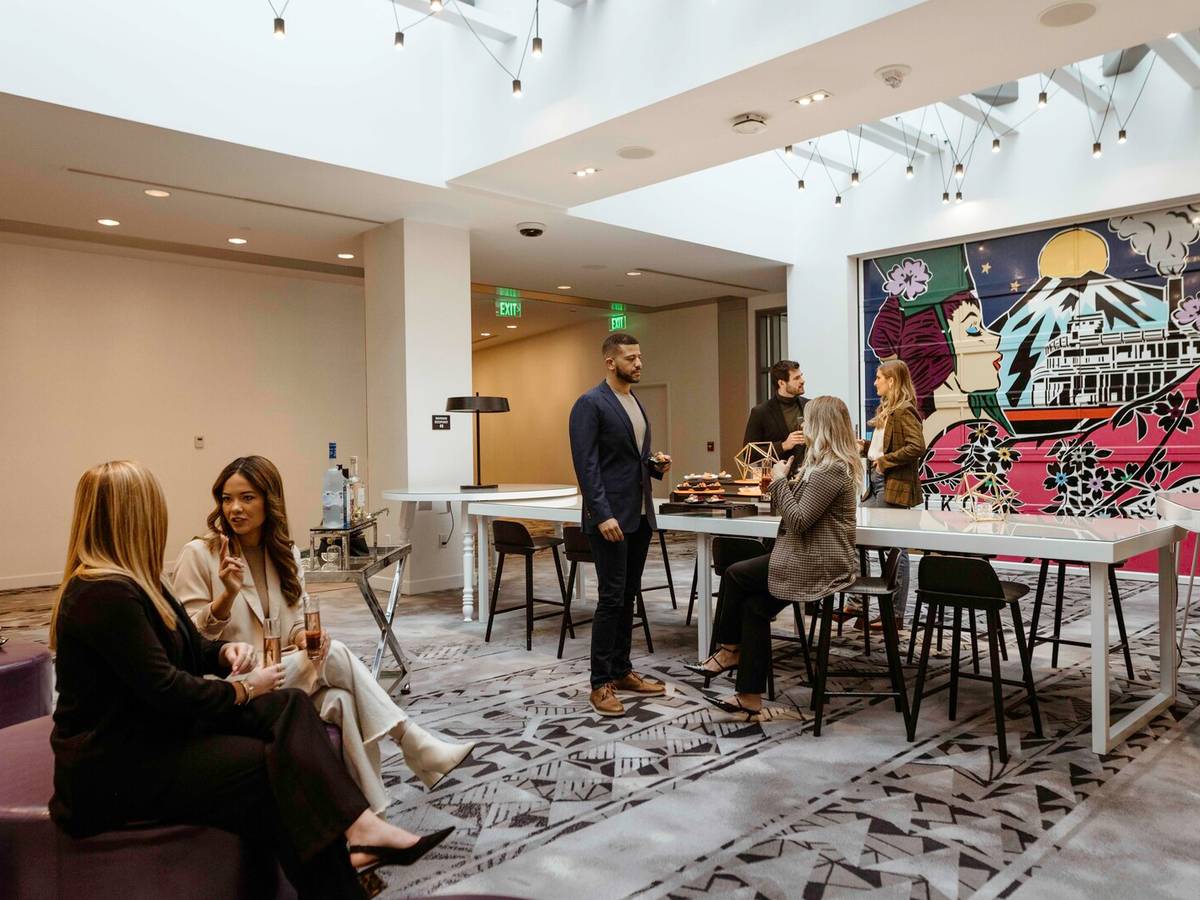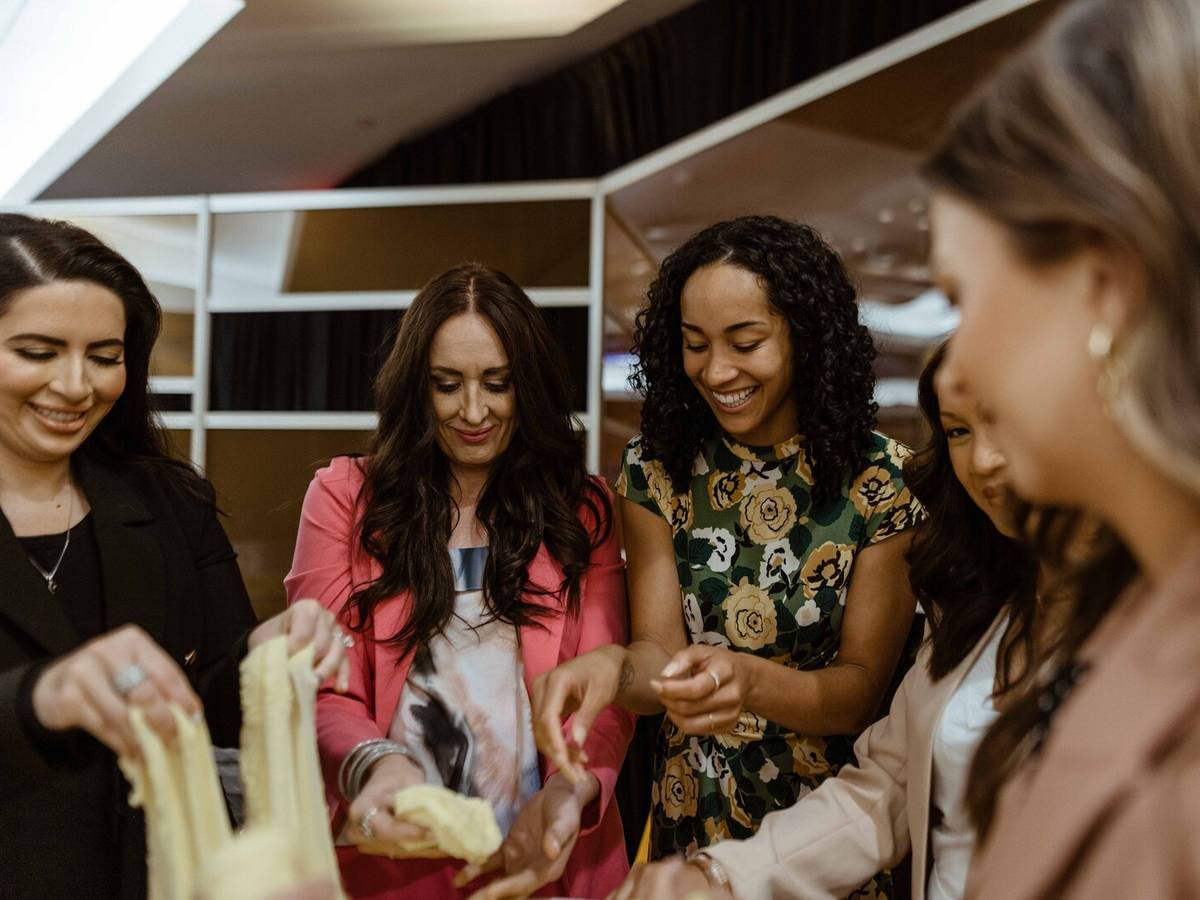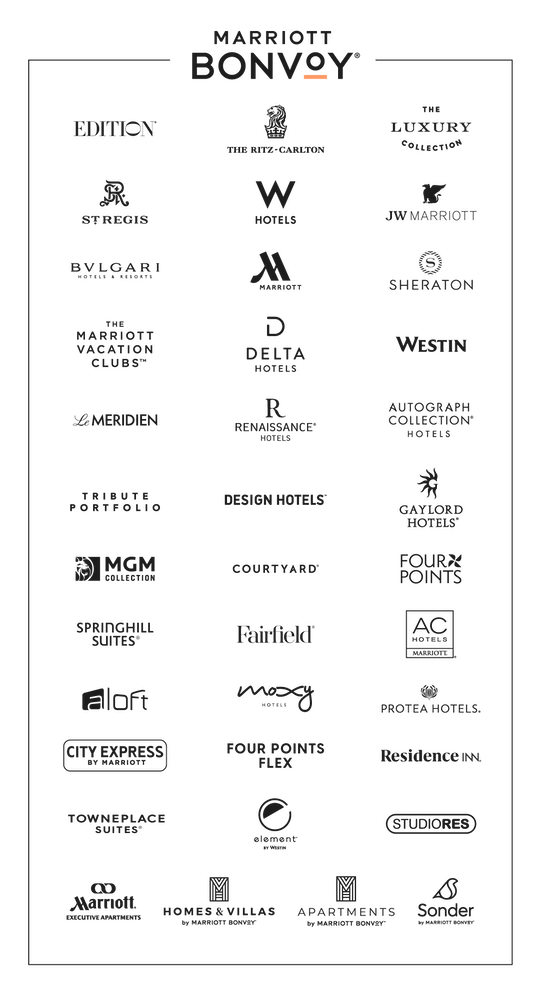4 Ways to Engage Gen Z Professionals at Your Next Event
Gen Z is entering the workforce in droves — they now outnumber baby boomers in the workplace — and they’re bringing new expectations with them. This digital-native generation, born between 1997 and 2012, wants seamless technology, work-life balance, careers that provide a sense of purpose, and attention to diversity.
Though more than 17.5 million Gen Zers are now working full time —and likely planning to attend their first professional meeting or career development conference in the coming year—only 1 in 4 event planners are leaning into the innovation that this generation expects, according to a Freeman trends report.
Read on for four ways you can engage Gen Z professionals with thoughtful touches tailored to their needs and preferences.
1. Prioritize Digital Communication
As the first generation of digital natives, Gen Zers have grown up with phones, computers, and smart devices at their fingertips. Their tech-friendly upbringing heavily influences their professional expectations, too.
“Gen Z isn’t just comfortable with technology—they expect it,” says Madeline Miller, a Gen Z career and leadership coach. “They want constant communication and seamless transitions between their physical and digital lives.”
What to try: Communicate about your event early and often, including on social media, so attendees know exactly what to expect before they even get there. Make event hashtags easily accessible so guests can share their experiences with their networks. And consider creating an app that enables eventgoers to easily access schedules, connect with peers, register for workshops, and share feedback in real time.
2. Include Purpose-Driven Touches
Gen Zers want to find meaning in the work they do, and they expect the same from the brands and companies with which they affiliate. “They need to feel they are turning up to do something purposeful each day,” Miller says, “and they want their values to align with their work.”
What to try: Focus on sustainability. Print event communications on recycled paper—or, better yet, go completely paperless. Partner with a meeting and events provider that prioritizes eco-friendly initiatives and offers opportunities to offset carbon emissions from your event. “At the end of the day, they can feel good knowing the meeting they’re attending pays close attention to social responsibility and takes those things seriously,” Miller says.


3. Emphasize Diversity
Miller says that Gen Z is highly conscious of diversity. “They want to see that there are accommodations for people of different abilities and backgrounds,” she says. That means, in addition to being inclusive of all genders and races, events should be considerate of attendees who live with disabilities, neurodivergent guests, and people with food and dietary restrictions.
What to try: Create a low-sensory zone for neurodivergent guests or anyone who needs a break from the highly stimulating event environment. In a quiet space, offer comfortable seating, low lighting, and reduced noise. You can set up sensory activity zones so attendees can complete a puzzle, sculpt with clay, draw, or play with fidget toys as they unwind. Remind visitors that while everyone is welcome to use the space, it is not meant for loud conversations or phone calls.
4. Make Networking Approachable
Because they entered the workforce during or after the pandemic, many Gen Z professionals are unimpressed by 9-to-5 office work and dated networking expectations. “They find the traditional work structure very constraining,” Miller explains. “They are looking for work-life balance, and that applies to networking, too.”
What’s more, a large networking event can trigger anxiety, especially for first-time eventgoers and Gen Z attendees who may not have many peers with them. “If you’re at a cocktail party facing a big open room of strangers, it can feel like too much,” Miller says.
What to try: Offer thoughtful socialization opportunities. At larger events, try grouping guests by discipline, background, or interests so they have easy conversation topics with other guests. And to facilitate more intimate conversations, allow guests to book short one-on-one sessions with other guests, speakers, or industry experts during a coffee hour. “The barrier to entry is really low, and it can really make it less intimidating to walk up to a stranger and introduce yourself,” Miller says.
Discover more ways to offer meaningful experiences at your next event with our Designing for Engagement Toolkit.




The following brands do not participate in Marriott Bonvoy™ Events: Design Hotels, Marriott Executive Apartments, Residence Inn, TownePlace Suites, StudioRes by Marriott, Bulgari Hotels & Resorts, The St. Regis Residence Club, The Phoenician Residences, a Luxury Collection Residence Club, Scottsdale, The Ritz-Carlton Club, The Ritz-Carlton Yacht Collection, and Homes & Villas by Marriott Bonvoy. For a full list of participating and non-participating brands, please click here.